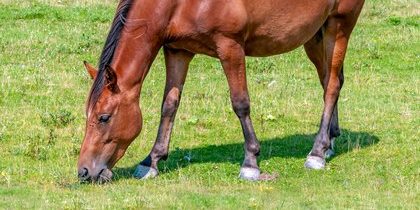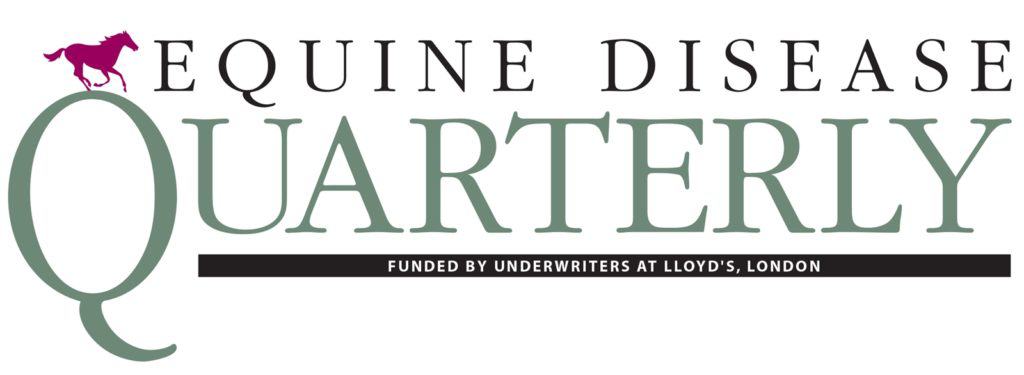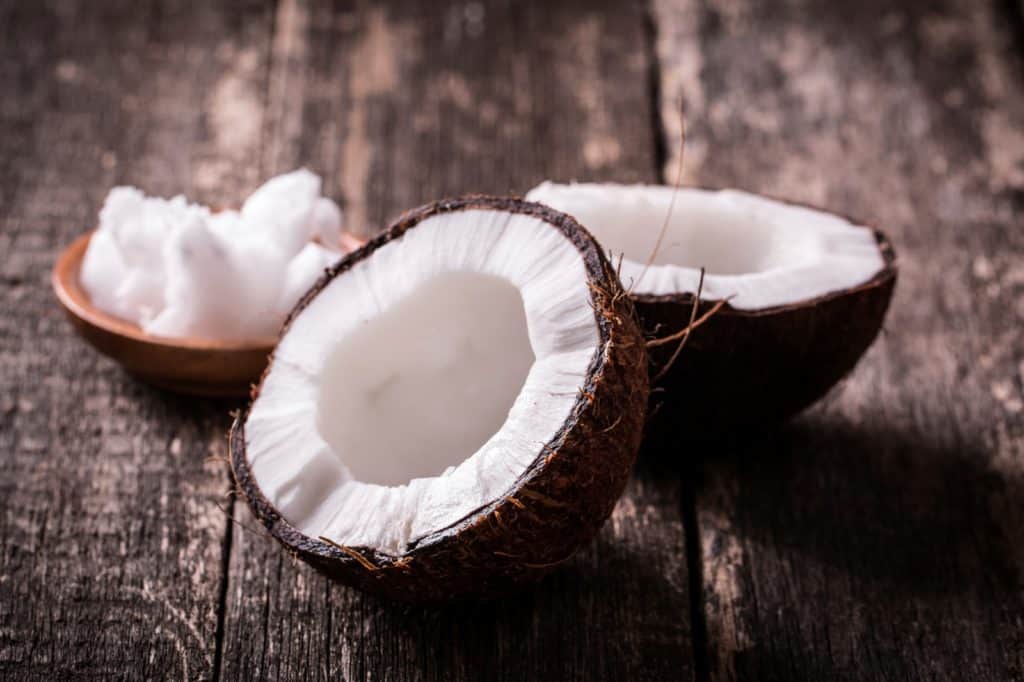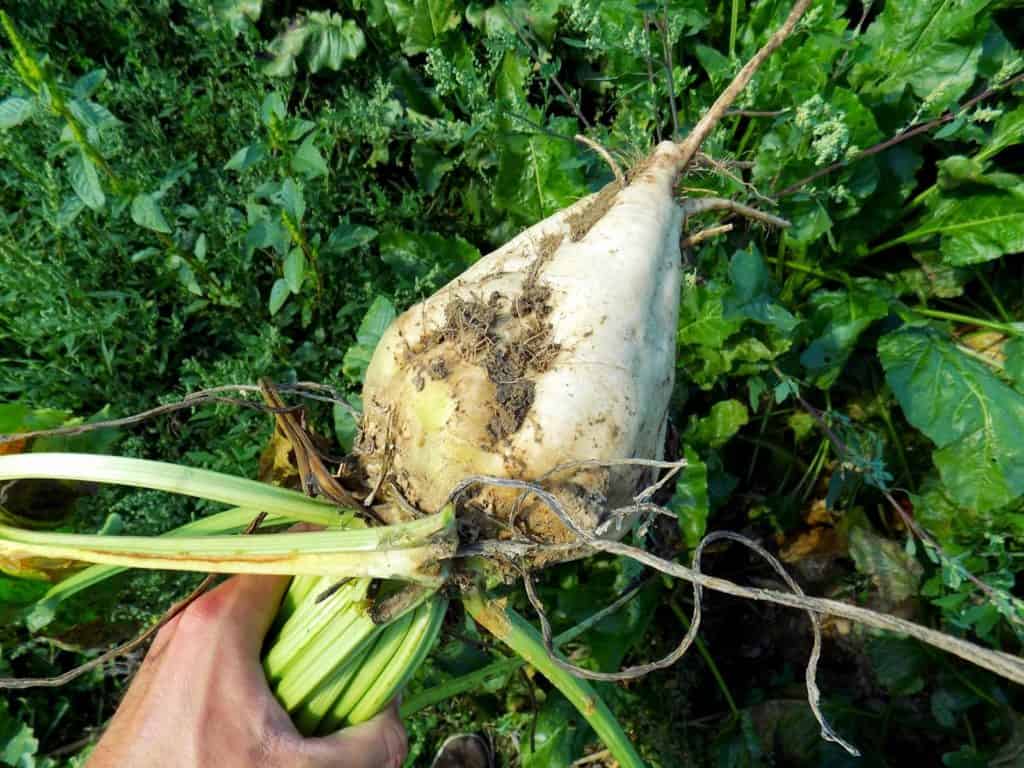
Feeding the Laid-Up Horse: How Much Protein is Too Much?
A ration balancer might offer the best balance of nutrients and protein for your horse during stall rest.

A ration balancer might offer the best balance of nutrients and protein for your horse during stall rest.

March and April mark the return of these little birds that play a big role in horse-property insect control.

In regions with mild climates, proper pasture management can allow horses to graze throughout the year.

Our nutritionist weighs whether steaming or soaking hay is more effective at reducing NSC levels for horses with insulin resistance.

Many gastric-support supplements include pectin and lecithins. Find out how they might help horses with EGUS.

Our nutritionist explains how horses break down dietary fat despite not having a gallbladder for bile storage.

Researchers recently determined that horses appear more bothered by social isolation than mild pain.

While scales are most accurate, they’re not always accessible. Here are some other weight estimation techniques to try.

The EDQ still aims to provide accurate information on equine diseases at three levels: in Kentucky, in the United States, and internationally.

Is rice bran or coconut (copra) meal a better option to help a horse gain weight? Our nutritionist shares her thoughts.

Is the sugar content in beet pulp too high for some horses? Read an equine nutritionist’s answer.

I used a senior equine feed to help my hard keeper gain weight. Now, should I switch him to a low-NSC product?

Find out why a horse might gain weight when switched to a feed marketed as “low-starch.”

Take a look back at the lives and work of veterinary parasitologists Dr. Eugene T. Lyons and Sharon C. Tolliver.

Find out why a horse might prefer electrolyte water over plain water and if that’s a cause for concern.

Oil? Rice bran or flax seeds? Fat-fortified feed? Learn how to pick the best option for horses that are hard-keepers.
Stay on top of the most recent Horse Health news with
"*" indicates required fields